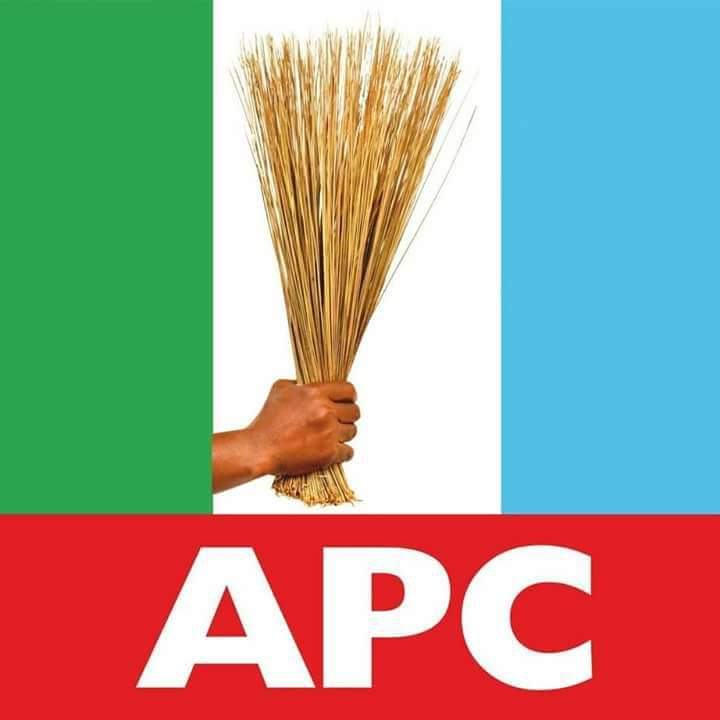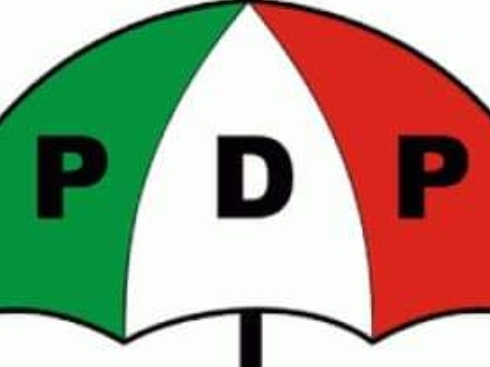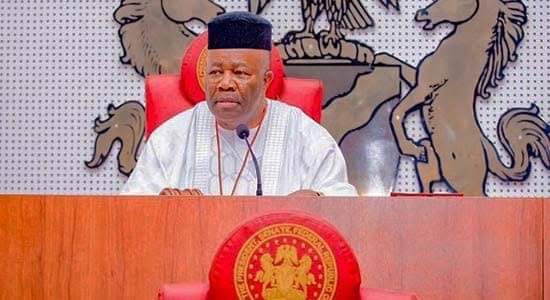Finally, FG Set To Distribute Free Sanitary Pads To Secondary School Girls
Information reaching Naija News House says that FG Set To Distribute Free Sanitary Pads To Secondary School Girls
The federal government should have a policy where it distributes “free sanitary pads to teenage girls in secondary schools,” a nongovernmental organisation has said.
The Eziokwu Ebubechukwu Foundation (EEF) on Saturday made this appeal while distributing sanitary pads to more than 300 school girls.
Founder of the NGO, Ezeukoh Ebubechukwu, while distributing the pads alongside other educational materials, said the policy would impact society.
The sanitary pads were distributed to female secondary students in Alawo, Egbedi and Iragberi Grammer Schools respectively in Osun State.

Speaking on the project, he said it was “aimed at ending period poverty and promoting shared prosperity of health rights toward improved girl-child education at the grass-root levels.”
He said some girls may not be able to afford sanitary pads and may have to miss coming to school throughout their menstruation periods.
Mr Ebubechukwu explained that government’s policy was needed to promote girl-child menstrual hygiene and keep them in school, especially in rural Nigeria.
“In rural areas, girls do not have access to sanitary products. It is safe to say that majority of the girls in rural areas in the country cannot afford safe and hygienic sanitary pads for proper menstrual hygiene management.
“One of the major issues with period hygiene is that sanitary pads are not only expensive; especially with the current economic state of the country, but also cannot be reused,” Mr Ebubechukwu said.
Also calling on the government to support tax waiver on sanitary pads, Mr Ebubechukwu said, “This is to also fulfill the mandate that girls and women have the right to be safe, educated and healthy.”
“It is important that tax be removed from products such as this, and more local methods normalised with product prices being regulated,” he said.
He added that period products were necessities and should, therefore, be exempted from taxation, adding that the tax exemption would “serve a great step towards ending period poverty.”
(NAN)











































